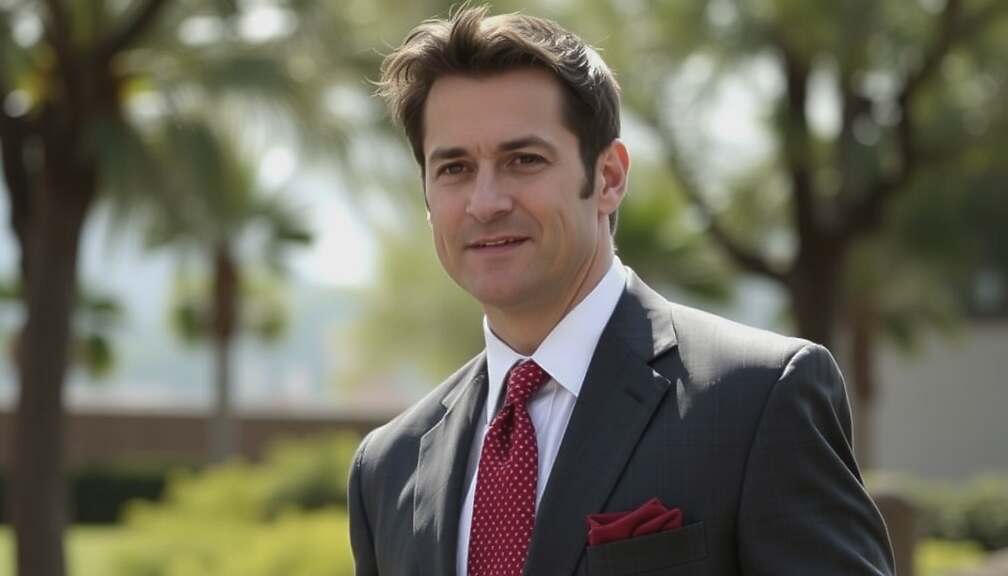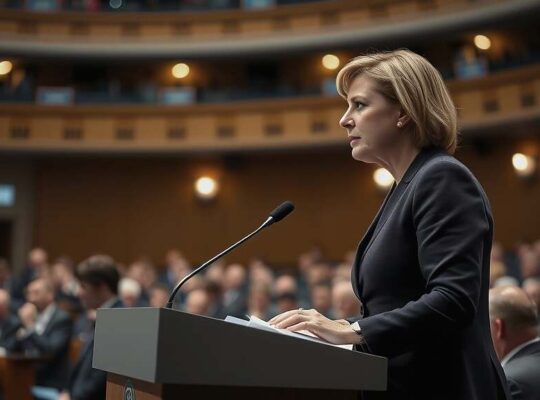A long-serving Social Democratic Party (SPD) parliamentarian, Sönke Rix, is poised to become the next president of the Federal Agency for Civic Education (bpb), according to reports from the Redaktionsnetzwerk Deutschland, citing sources within the SPD. The appointment, slated to take effect January 1st, is expected to be formally announced shortly by the lead Federal Interior Ministry.
The succession plan reflects a pre-existing agreement between the SPD and the conservative Union bloc, granting the Social Democrats the prerogative to propose a candidate for the presidency. In return, the vice-presidency will be filled by a candidate from either the CDU or CSU, although a name has not yet been disclosed.
Rix, 49, a former representative for Eckernförde in Schleswig-Holstein, served as a Member of the Bundestag from 2005 to 2025, most recently holding the position of deputy parliamentary group chairman for the SPD. A prominent member of the parliamentary left, he cultivated a focus on education, media and cultural policy – a background considered a suitable fit for the bpb’s mandate. His decision not to seek re-election in the last federal election has paved the way for this new role.
The appointment comes after the retirement of Thomas Krüger, who served as President of the bpb for a quarter of a century. This prolonged leadership void, despite the anticipation of Krüger’s departure, has raised concerns regarding the agency’s continued efficacy and its ability to navigate the increasingly complex landscape of political discourse and civic engagement.
The choice of Rix, with his established links to the parliamentary left, is likely to be met with scrutiny. Critics may question whether his appointment represents the desired level of impartiality expected of the bpb, an institution tasked with fostering critical thinking and informed debate across the political spectrum. The incoming era necessitates a careful examination of how Rix will balance his political background with the bpb’s commitment to non-partisan civic education, particularly given the growing polarization of German society and the perceived need for a renewed focus on bridging ideological divides.












